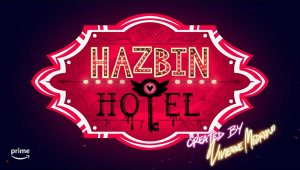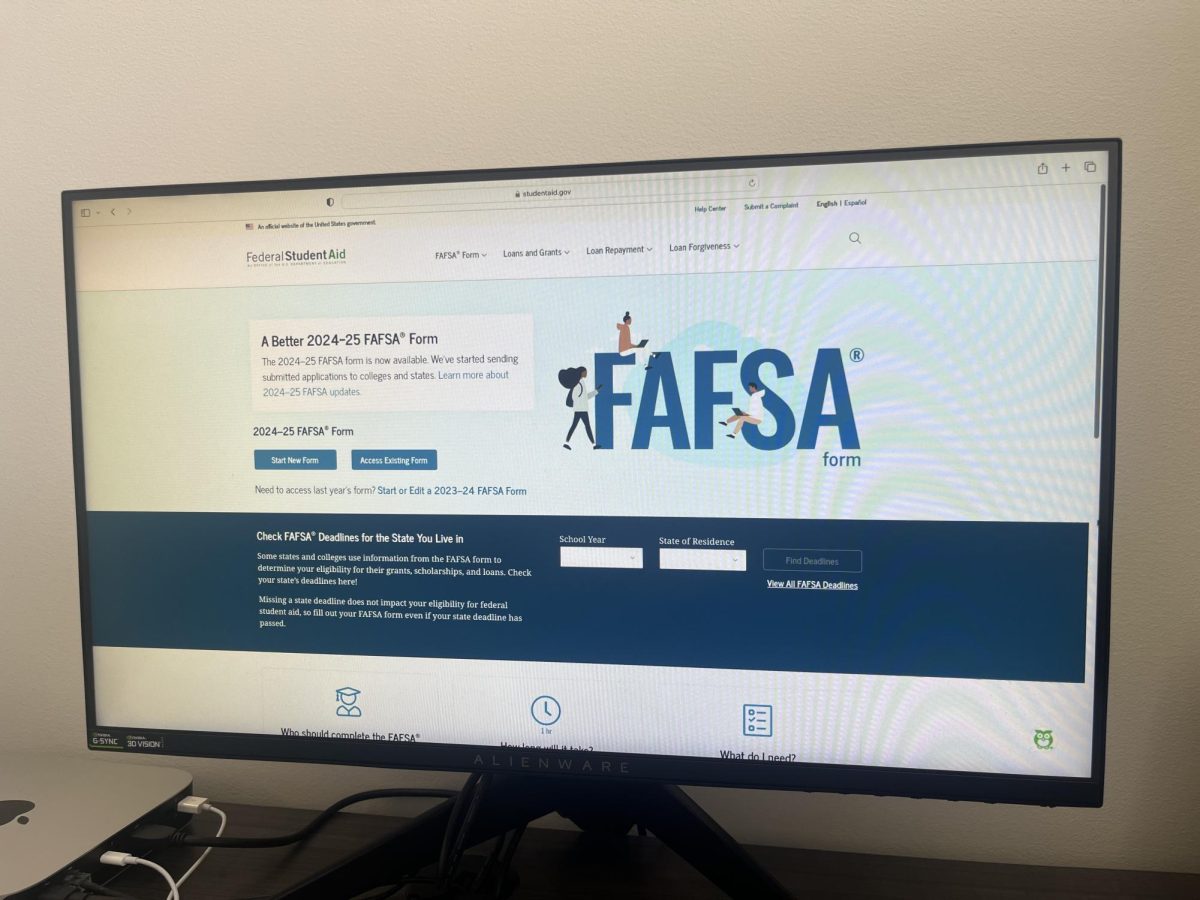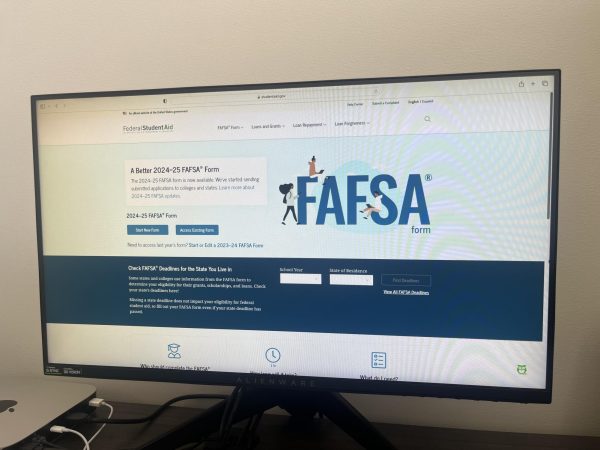Troiano Leads Discussion On Being A Better Squad Member
November 7, 2018
Have you ever thought about what makes an individual an effective member of a group and a leader?
Lisa Leggett, a graduate intern in the Student Activities and Leadership Development department, invited Interim Vice President of Student Affairs Dr. Peter Troiano to share his experience as both a group member and a leader to undergraduates, graduates, staff, upperclassmen and new students last Tuesday.
Troiano began the discussion by reading a cartoon depicting the traditional style of leadership. The story began with several sheep at a party, but they are awash total chaos. A Border Collie is knocking at the door coming to the aid of the lost sheep. The purpose of the Border Collie in the story is that sometimes a leader needs to be established to generate productivity.
Contrary to this depiction, Troiano stated that this ideology has shifted and our current concept of leadership “is much broader than that, but the cartoon illustrates the idea that sometimes we may have an office without a leader and we need someone to step up to take the lead and play a leadership role.”
A leader carries the traits of adaptability, civility, flexible, feeling an effective facet of the group and being adequate at handling conflict, Troiano said.
“My belief is that everyone should enjoy getting up and coming to work in the morning or going to class and being a student,” Troiano stated. “You should enjoy the things that you are going to have to do throughout the day while being able to negotiate conflict.”
The discussion also laid out the important concept, according to Troiano, that being a leader means understanding the people around you and learning how to lead based on those individuals. There is no one standard for leading and to be effective in the role starts with becoming a valuable member of the group.
Troiano defined the term “situational leadership,” which establishes a cohesive balance between tasks at hand and relationships within the group. A leader tends to wear different hats based on the current climate of the situation; sometimes they have to be firm and make a decision, but also know when to be fluid while solidifying connections within the team.
“Knowing as a group member when to step up and take the lead, but also knowing when to be a follower [is important],” Troiano stated.
Instead of droning on about his perceptions, Troiano mirrored his own words by asking the audience to challenge what it means to be a useful group participant to them.
In doing so, he reaffirms his notion that “being a follower means you can still make contributions and move the group forward, but remembering that by doing this still exhibiting traits of a good leader,” Troiano continued.
Linzy Martinez, another SA/LD graduate, listed several characteristics of being a good group member. Her most important ones were being motivated, hardworking, enthusiastic and honest. Secondary education sophomore Katie Klinck included the significance of listening as a leader and as a participant.
Chris Theriault, a Student Government Association commuter senator, introduced the idea of solid communication.
“When I think of someone who is a solid communicator, I think of someone who holds themselves responsible to be able to fulfill that role, because, without good communication within the group, things might be misheard,” Theriault stated. “Information needs to be clear and well structured.”
Danni Alarie, graduate intern in the Student Center, added on to Theriault’s philosophy when she said: “communication is both input and output.”
Kristina DeVivo, the SGA’s treasurer, and Troiano conversed about the incorporation of fluidity as a leader and member. DeVivo believes that “[as Theriault said], the starting point is solid communication and we are all fluid with each other, so everyone knows what is trying to be accomplished.”
Support is not always agreement, but as a leader or a follower, it needs to be established that you support their right to say it even if you disagree with the statement, opinion or idea.
To be a part of the conversation on how to be a leader in different facets of life, stop by L.EA.D.S., which is every Tuesday at 3 p.m. in the Philbrick Room.











